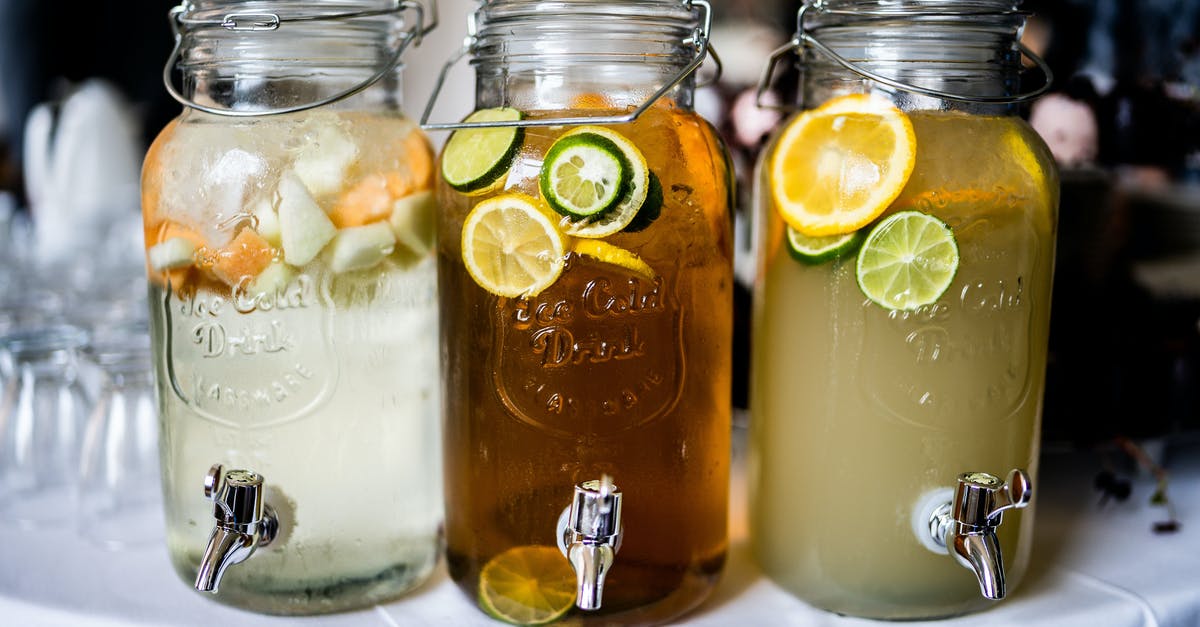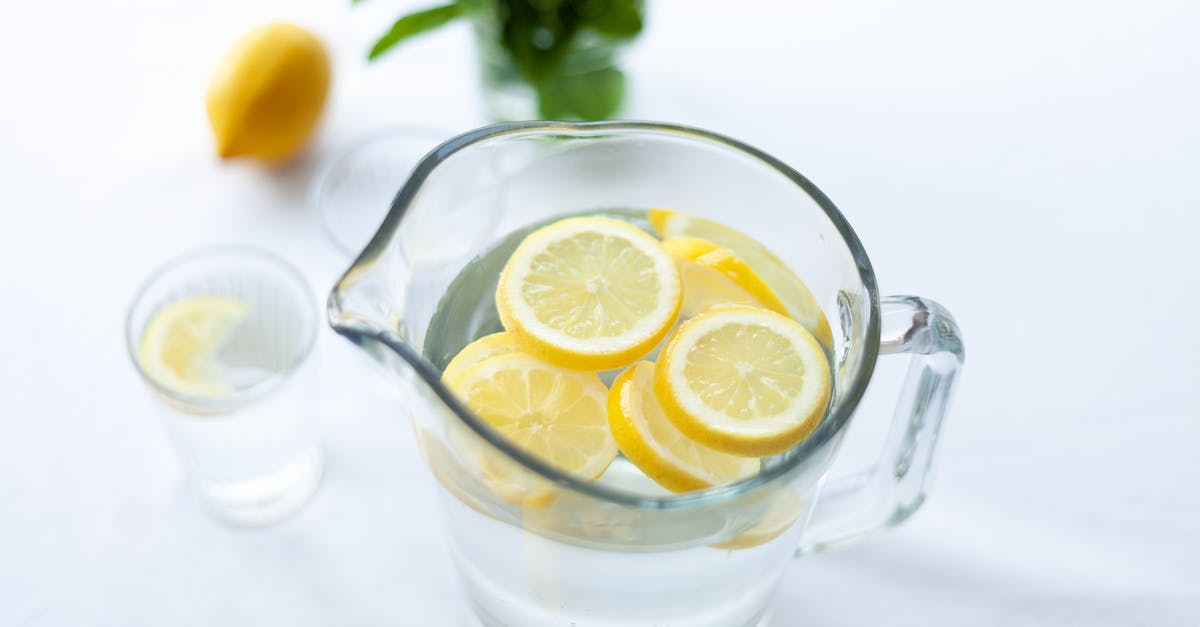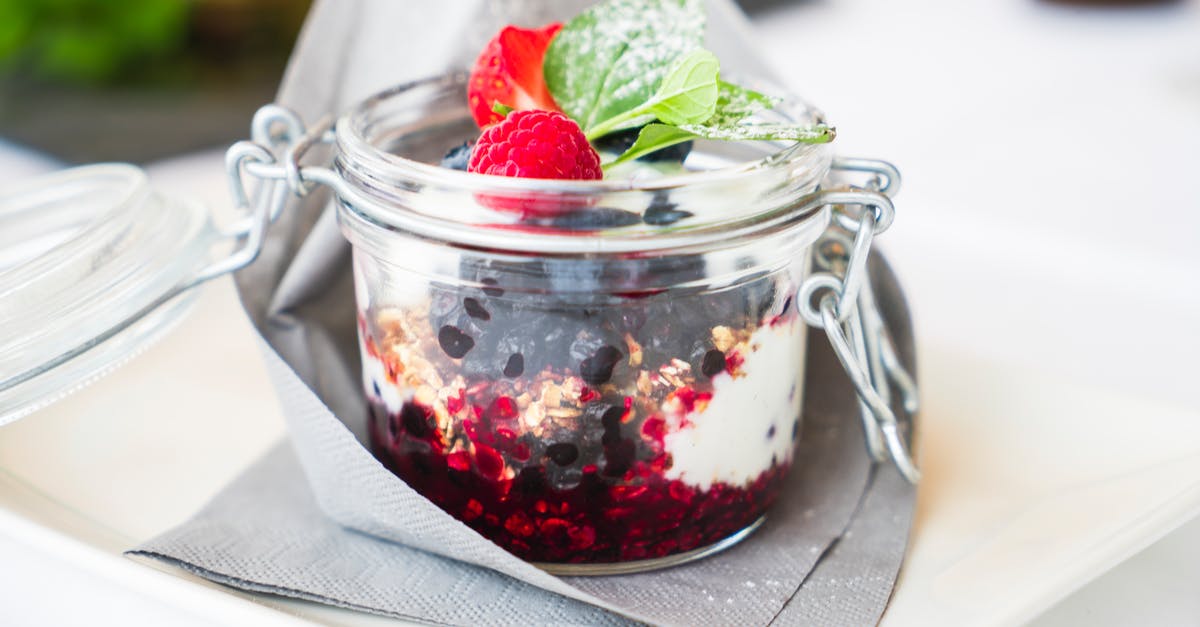homemade mint extract

I've got some mint in the yard (I think it's apple mint, as the leaves are very fuzzy and rounded) from which I'd like to make mint extract. No specific use in mind (except perhaps insect repellent), just a kind of home chemistry experiment.
I've read that there are basically two ways to do this. One involves boiling the leaves, condensing the steam, and separating the oil. But the simplest way seems to be to steep the leaves in 80-proof vodka for about a month.
I have some questions:
- Is there something special (chemistry-wise) about alcohol that makes it more effective than other substances for extracting the oil?
- How strong would this "mint extract" be? It seems to me like I'd end up with mint-flavored vodka. Would the result be drinkable straight?
- After doing this, could I then freeze the result to separate the oil from the vodka?
Best Answer
Why Alcohol?
Alcohol is used for extracts because the flavor compounds (plant oils) you are trying to extract do not easily dissolve in water. Alcohol (typically bourbon or vodka) will do the trick. Make sure you use +80 proof because it also acts as a preservative.
Making Mint Extract
To make an extract, tear up or coarsely chop and bruise washed mint leaves into a measuring cup (you'll end up with about twice the volume of extract as you have leaves). Transfer the leaves to a glass container with a tight-fitting lid. Add about twice the alcohol (by volume) as you had leaves. Cover and shake.
The mint leaves will tend to float to the top, but give it a chance. After a few days, they'll start to bog down with alcohol and sink. Shake it every few days or so. After a month, you'll have mint extract. Strain the leaves and store.
Adjusting the Strength of Your Extract
The longer you let the leaves steep, the stronger the extract will become until all the oils are essentially spent. You can sample the extract along the way until you get something to your liking. If you want something stronger, you can add fresh leaves to your strained extract and continue the process. There's a limit though; as the alcohol become saturated, you'll get diminishing returns by adding more leaves.
Freezing the extract will not congeal the oils for further separation. They're essentially dissolved in the alcohol (unlike water + oil) and the alcohol will not freeze. Extracts are typically too concentrated to drink straight. For all that effort, it's better just to crush a few leaves directly into a drink with whatever ingredients will make it a proper cocktail.
Boiled Leaves isn't Really Mint Extract
The boiling water method you mentioned above wont achieve the same results. Even if concentrated, the flavor compounds in extracts are typically somewhat volatile (which is why you add them near the end of cooking). You're basically making concentrated, flavored mint tea… but it isn't really an extract. And without the alcohol acting as a preservative, you're mint tea will have a somewhat limited shelf life. Even distilling the volatile oils by boiling and condensing into a liquid might get you pure mint oil, but that would likely need very specialized equipment.
Pictures about "homemade mint extract"



How do you make mint extract from mint leaves?
Traditional Method:How do you make mint extract from fresh mint without alcohol?
Take equal parts of apple cider vinegar and water. I did 1/2 cup of each and pour in a Mason jar. If using fresh leaves, rinse and pat dry your leaves. Crush and bruise (this step is important) a 1/2 cup of fresh leaves and dump in the jar with vinegar and water.How do you extract oil from mint without alcohol?
For peppermint oilHow do you extract the flavor of mint?
InstructionsHow to Make Homemade Mint Extract
More answers regarding homemade mint extract
Answer 2
Yes, many oils or lipids are dissolved in alcohol, whereas they cannot dissolve in water. This is why, for example, vanilla extract is based on alcohol.
That would depend on the ratio of leaves to vodka, and how long you steeped. Probably no where near what commercial extracts are.
It would be unlikely to be drinkable straight, since the flavor would probably be harsh and unpleasant at best, but that is speculation. You might be pleasantly suprised. I would think, though, to make something palatable, you would need to add sugar, and perhaps some vanilla or other flavorings to balance out the product.
For example, these recipes for mint liquor
do include sugar, and other flavors. I suspect the glycerin in the first recipe is for mouth feel.
I doubt it, as oil can dissolve in alcohol, not just get mixed in.
Perhaps someone more knowledgeable with this process can give you more details. This is just based on a basic knowledge of chemistry and the foods.
Answer 3
Freezing might work. Yes alcohol won't freeze but it doesn't have to and it may be better if it doesn't. The alcohol and mint oil are a solution so the oil is suspended in the alcohol. Depending on the freezing point of the mint oil it might separate out. Or the viscosity may change enough to allow for some separation. Think of motor oil in the winter being very think and alcohol remaining very liquid.
Answer 4
What if you heated the extract to remove the alcohol antifreeze? The alcohol cooks out at 172.4. Does anyone know the temp that the mint oil cooks out? Would the alcohol free liquid then separate the water and oil?
Sources: Stack Exchange - This article follows the attribution requirements of Stack Exchange and is licensed under CC BY-SA 3.0.
Images: Rene Asmussen, Julia Zolotova, Alisha Mishra, Terje Sollie
